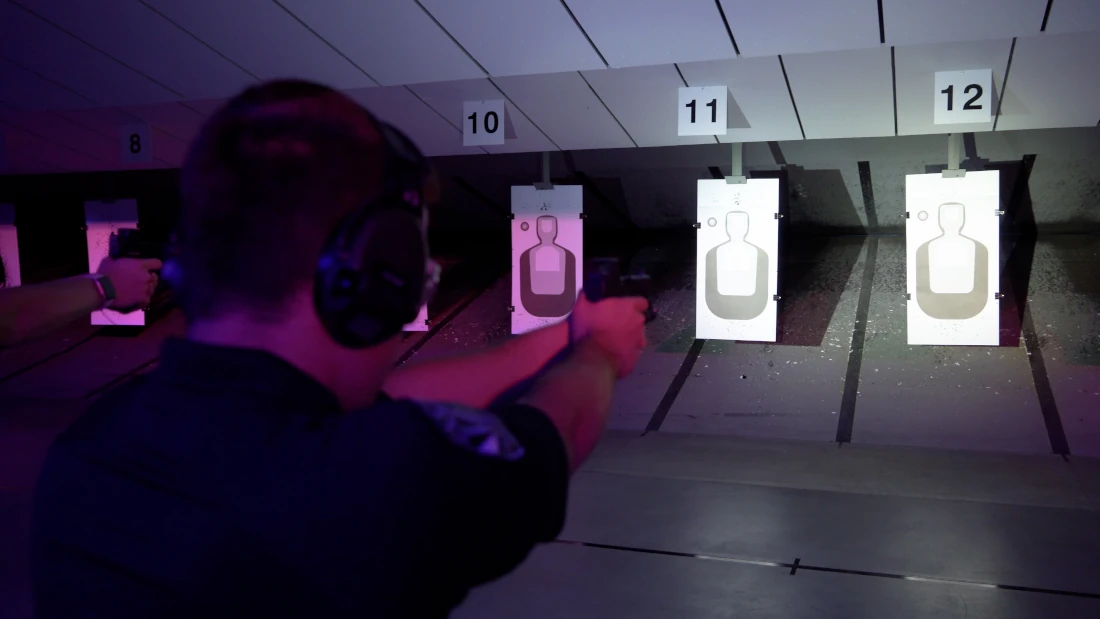
“Some skills are like riding a bike: once you learn, you never forget!”
Sure, some skills stay longer than others, but try riding a bike after 8 years without practice! You’ll find most skills degrade with time. In fact, research on combat lifesaving skills shows that proficiency can decline by 30% to 60% within just six months of initial training. (Landman, de Vries, & Binsch, 2023)
The Cost of Insufficient Police Training
This phenomenon poses a challenge to law enforcement. We’ve seen the consequences of officers not being prepared with the necessary skills when a situation demands them. Several court cases serve as harrowing examples of what happens when retraining isn’t a priority:
- City of Canton v. Harris (1989): Established that failure to train officers in medical care resulted in deliberate indifference, making the city liable for damages.
• Connick v. Thompson (2011): Reinforced the necessity of training in specific legal obligations to prevent constitutional violations.
Agencies often must do more with less. Some police agencies conduct ongoing training twice a year. It is argued – there simply isn’t enough time for short-staffed police departments to dedicate more time to retraining existing skills. Plus, time at the shooting range is expensive, and training with scenario actors is doubly so. Can we do “more” with the “less” we already have?
Bridging the Training Gap with Simulation
If two of the most important types of training are perishable and out of reach to train more frequently, how can law enforcement get the skills they need to protect safely?
One of VirTra’s primary missions is to make it easy and cost-effective to train frequently. You can learn more about how we achieve this here: [link] But the real credit goes to some of VirTra’s customers, who have found creative ways to operationalize continued learning.
Real-World Success Stories
Utah Attorney General’s Office acquired a V-300 simulator in 2015 and opened its doors to local departments, becoming a “training hub” for many agencies. Because of their efforts, officers statewide can easily access the office’s award-winning autism curriculum and refine their communication skills.
Gilbert PD broke down traditional barriers between types of training. Departments usually take a segmented approach to scenario and marksmanship drills, but Sgt. Bill Campbell, Gilbert PD’s Training Sergeant for the Gilbert Police Academy, explored drills that integrate this training in a simulated environment. By conducting exercises that train both decision-making and marksmanship, Sgt. Campbell made their process more engaging to younger officers and increased skill retention.
Making Frequent Police Training a Reality
No matter how you do it, solutions that increase training frequency and proficiency greatly benefit law enforcement. And simulator training opens up many options to accomplish this.
Ready to take your training to the next level? Contact our team and schedule a FREE demo to explore how simulation training can improve skill retention and officer preparedness.
Source:
Landman A, de Vries D, Binsch O. Retention of military combat lifesaving skills during six months following classroom-style and individualized-style initial training. Mil Psychol. 2023 Nov-Dec;35(6):590-602. doi: 10.1080/08995605.2022.2144034. Epub 2022 Dec 2. PMID: 37903163; PMCID: PMC10617377.
Recently Published
Join Our Newsletter







